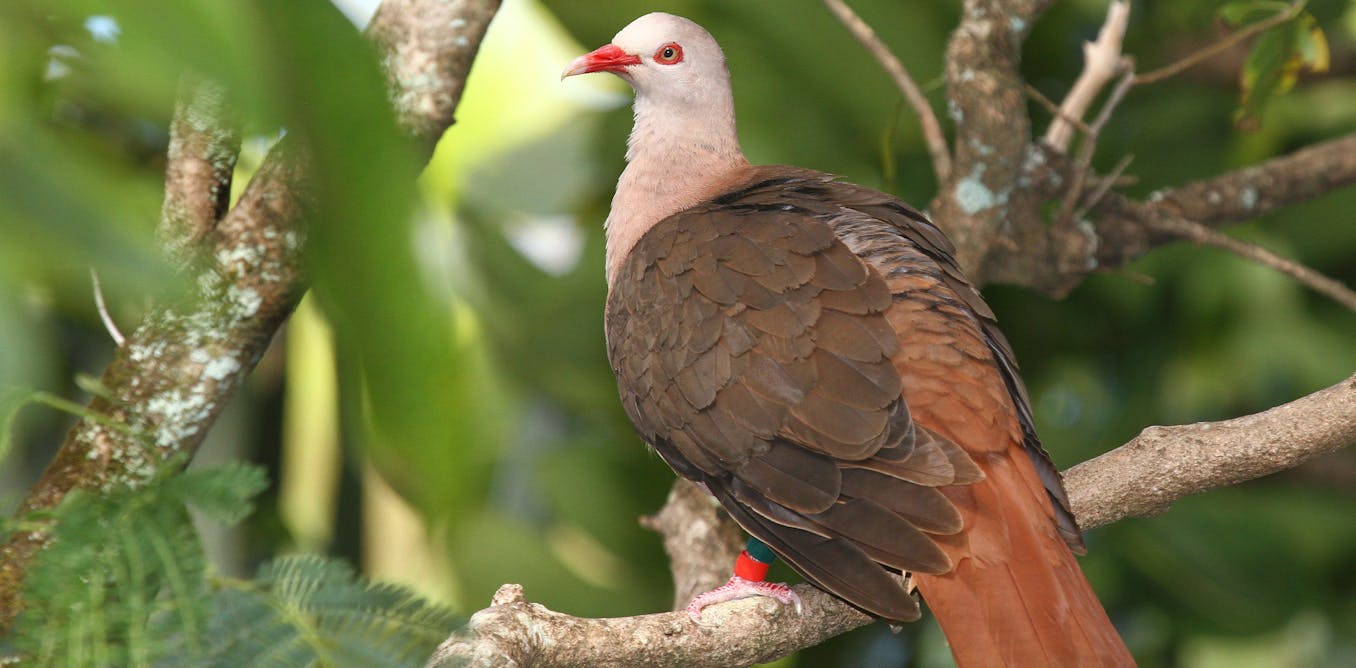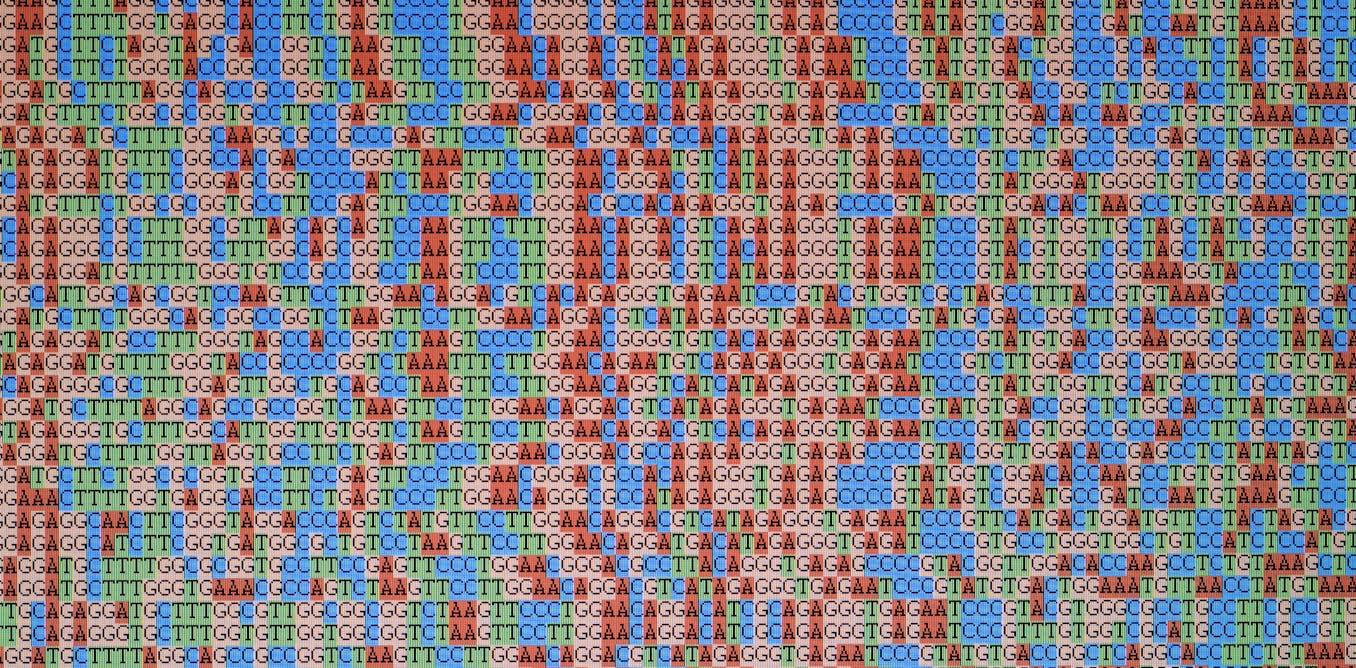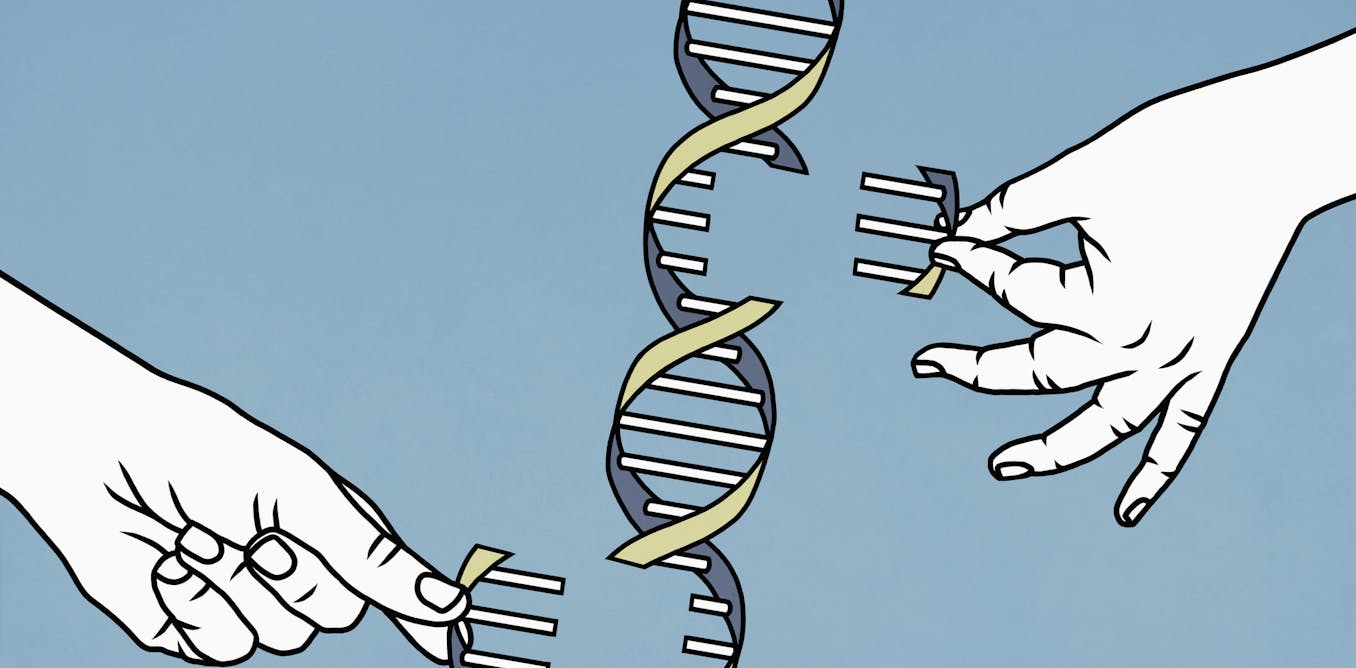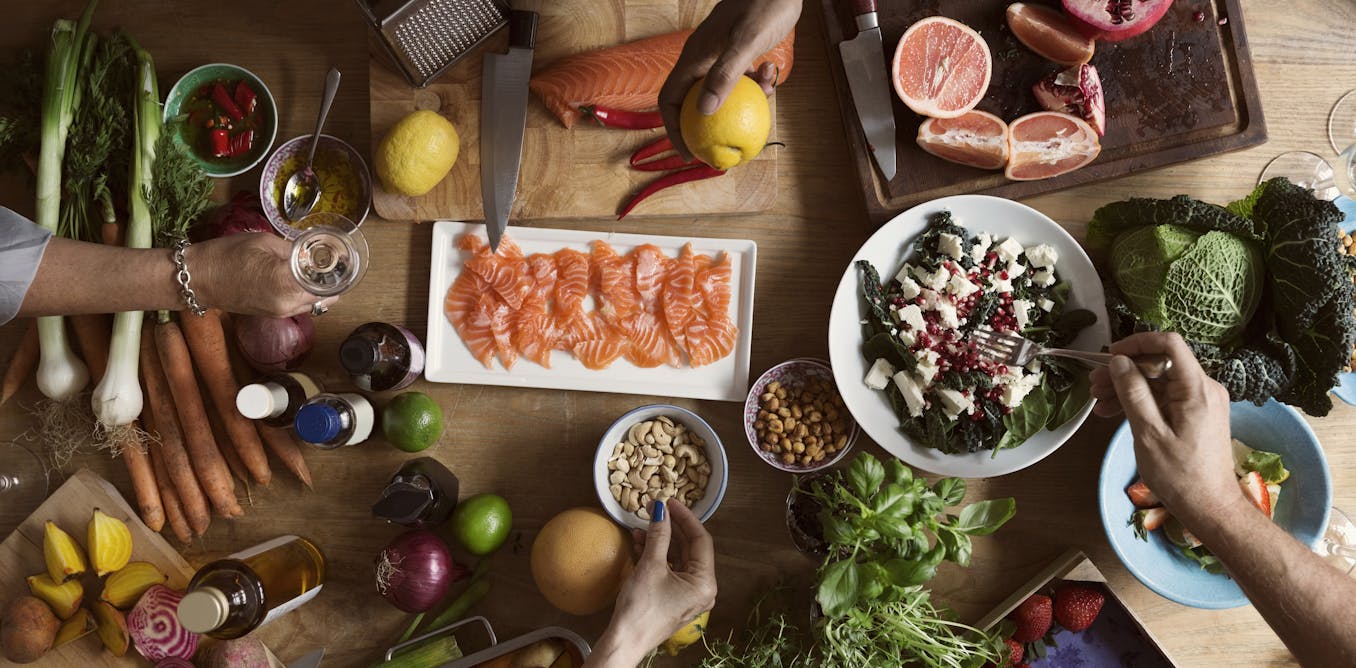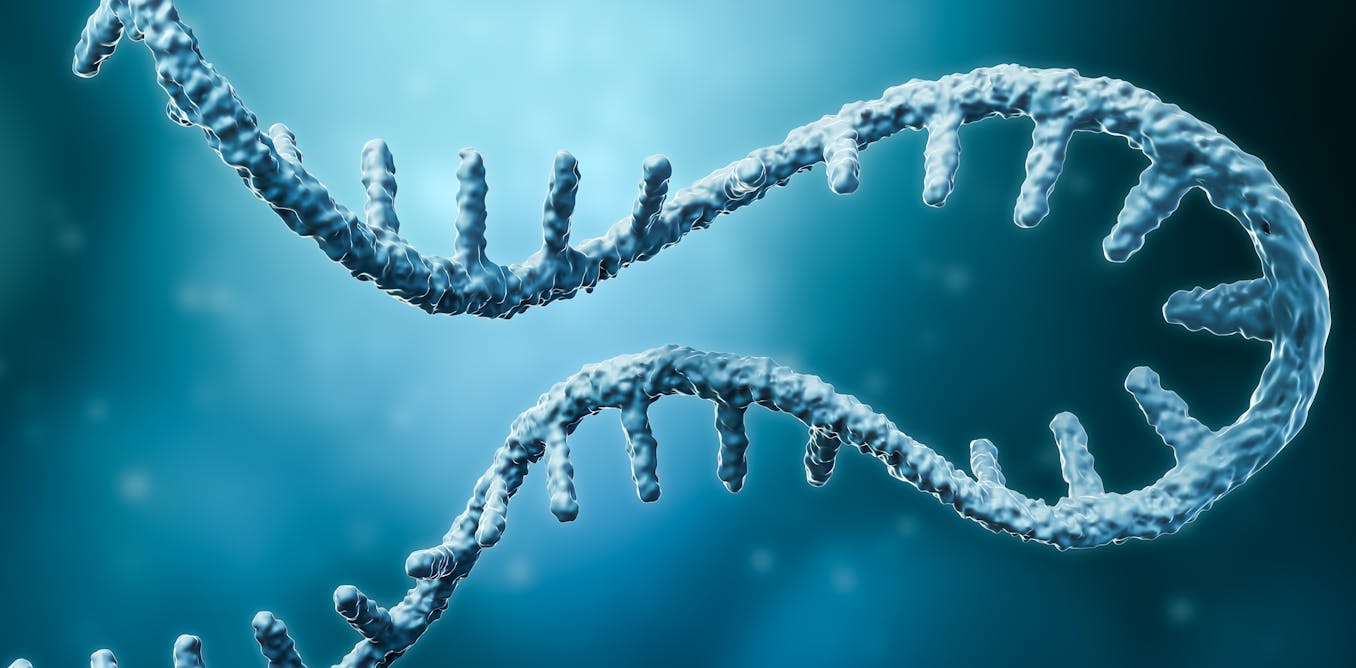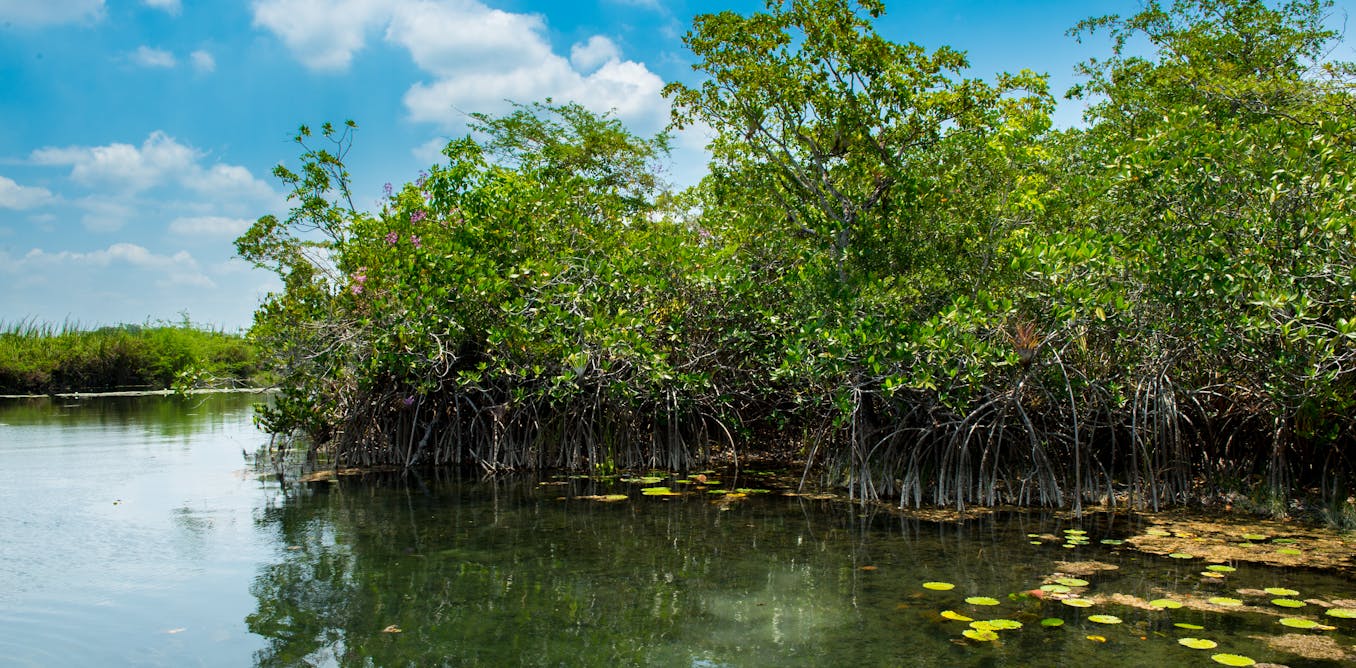When it comes to the rarest of diseases, the diagnosis isn't the answer – it's just the starting point
Deciphering the biological pathways behind rare genetic diseases often involves assembling a team of specialists to work closely with the family members of those affected.
April 20, 2022 • ~10 min
The Human Genome Project pieced together only 92% of the DNA – now scientists have finally filled in the remaining 8%
Advances in technology have enabled researchers to sequence the large regions of repetitive DNA that eluded the Human Genome Project.
March 31, 2022 • ~10 min
What you eat can reprogram your genes – an expert explains the emerging science of nutrigenomics
Scientists are just beginning to decode the genetic messages in your food – and how that may affect your health.
March 1, 2022 • ~9 min
We're analysing DNA from ancient and modern humans to create a 'family tree of everyone'
How we’re linking together genetic material from thousands of people - modern and ancient - to trace our ancestors and the history of our evolution.
Feb. 28, 2022 • ~7 min
How mRNA and DNA vaccines could soon treat cancers, HIV, autoimmune disorders and genetic diseases
DNA and mRNA vaccines produce a different kind of immune response than traditional vaccines, allowing researchers to tackle some previously unsolvable problems in medicine.
Jan. 24, 2022 • ~9 min
How often do you poo? New research shows bowel habits are written in our DNA
Our findings also have potential implications for the identification and treatment of irritable bowel syndrome.
Dec. 9, 2021 • ~8 min
A forgotten mangrove forest around remote inland lagoons in Mexico's Yucatan tells a story of rising seas
Mangroves grow in saltwater along tropical coastlines, but scientists have found them along a river in Mexico’s Yucatan, more than 100 miles from the sea. Climate change explains their shift.
Oct. 18, 2021 • ~8 min
Mixed-ancestry genetic research shows a bit of Native American DNA could reduce risk of Alzheimer's disease
Using a technique called admixture mapping, researchers can leverage the diversity of people with mixed ancestry to look for hard-to-find genetic risk factors for diseases like Alzheimer's disease.
July 14, 2021 • ~9 min
/
10

